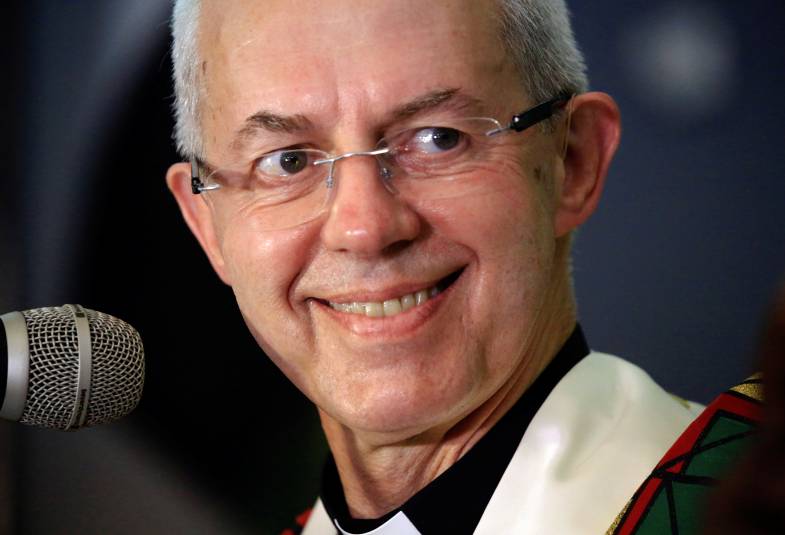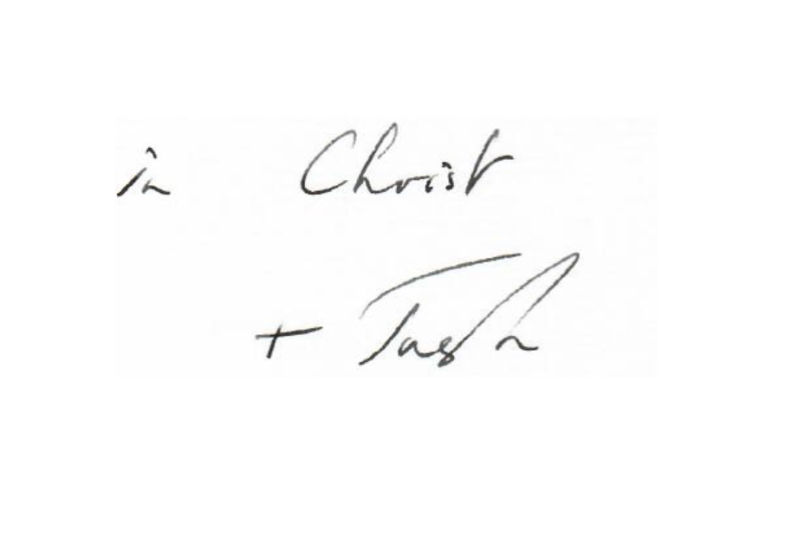
Reconciliation is one of our greatest needs and toughest challenges as human beings. In a world plagued by conflict, division and indifference, the Church has a crucial role to play as a community of reconcilers. Jesus calls every one of us to love God, our neighbours, ourselves and our enemies – a challenging command, with nobody left out.
The word ‘reconcile’ literally means to bring together – or heal – that which was broken. This healing is much more than the absence of conflict. It’s certainly not about suppressing difference. Reconciliation is about seeking to transform relationships that have become damaged or destructive into relationships of trust that bring new life.
The journey towards this is not easy. It requires humility, time and patience. Most of all, it demands a decision to let go of the destructive power of memory and past hurt. It’s precisely because reconciliation is so difficult that it is so powerful.
Reconciliation is at the heart of Christ’s good news. It’s at the centre of the call he makes to those who follow him. That’s why I’ve made it a personal priority for my ministry.
The life, death and resurrection of Jesus are the story of God’s reconciliation with humanity. Through them, Jesus opens the way for a restored relationship between God and us. If we embrace that joyful new relationship, it should overflow into the way we relate to one another. This will look different in each of our lives – from making cups of tea to acting as professional mediators.
Christ calls us to be peacemakers who cross the borders and barriers that divide us – radical in our generosity and welcome. It’s a call to see others in their full humanity, to persist in seeking their good. Communities of followers of Jesus across the world are present at the most local levels where relationships are made or broken. In these relationships, the Church has the opportunity to offer honest, deeply-rooted hope.
